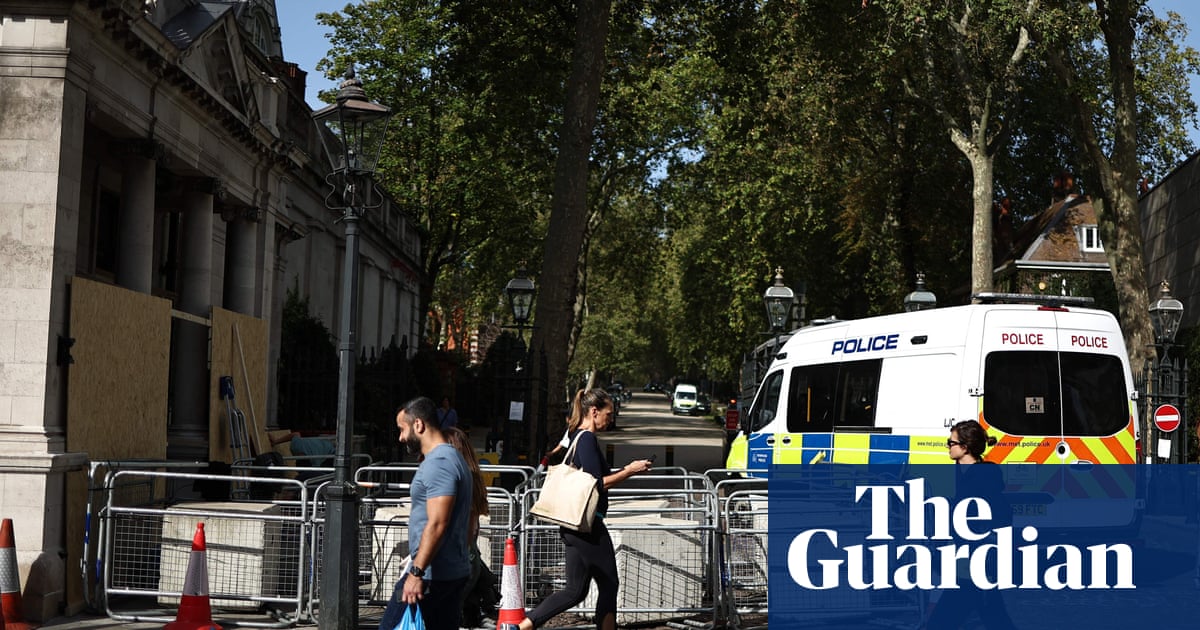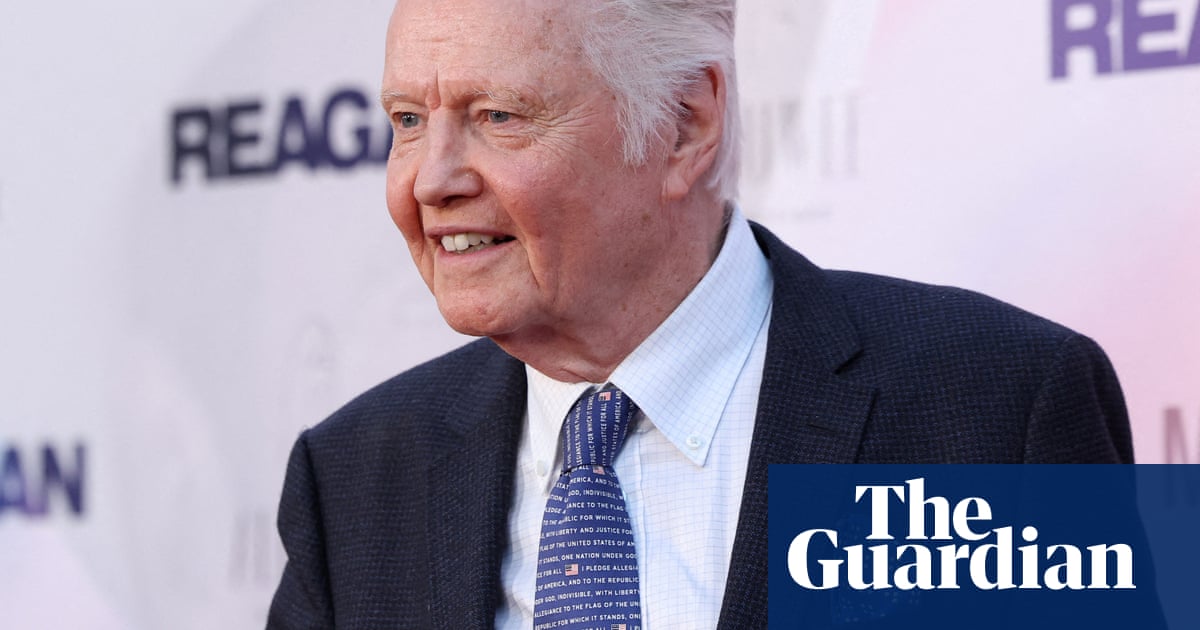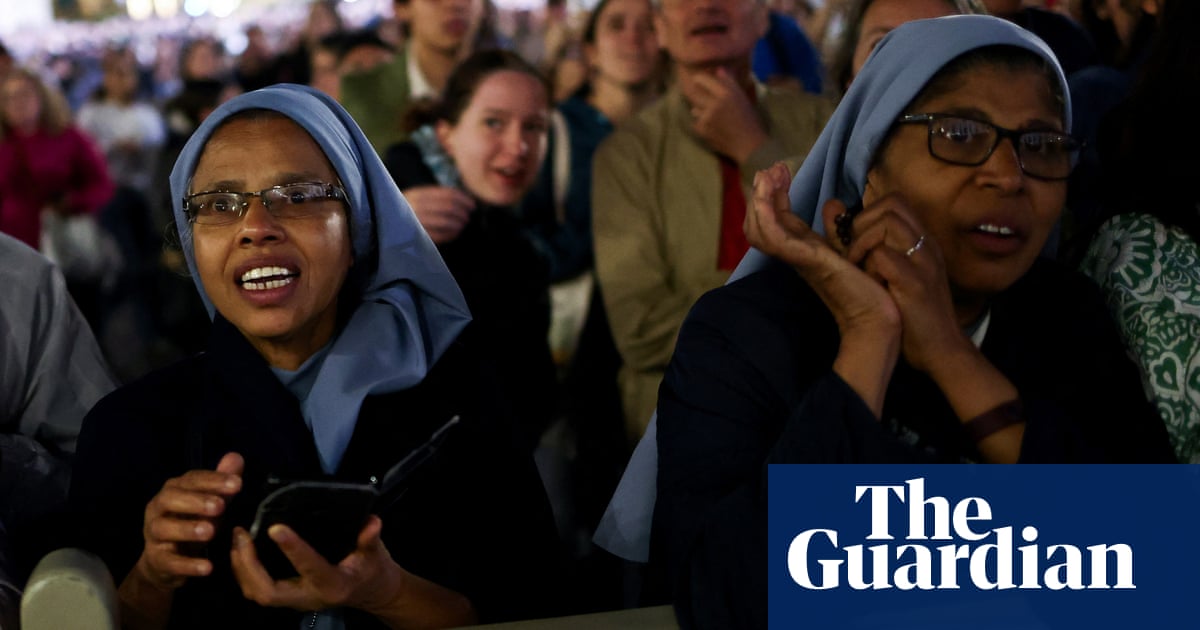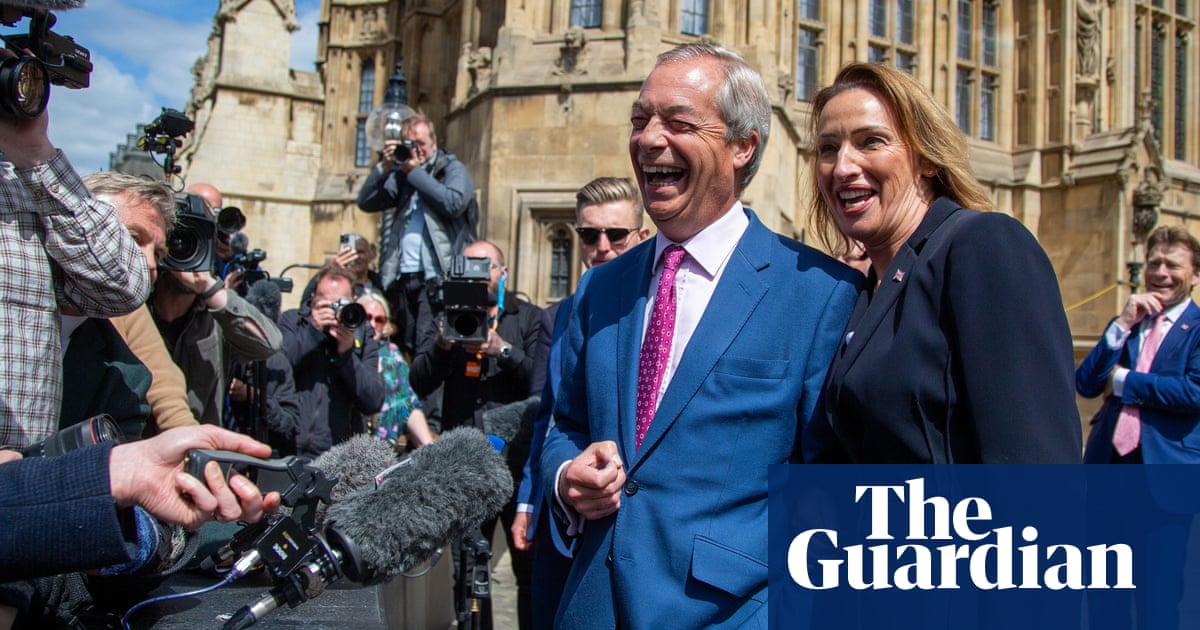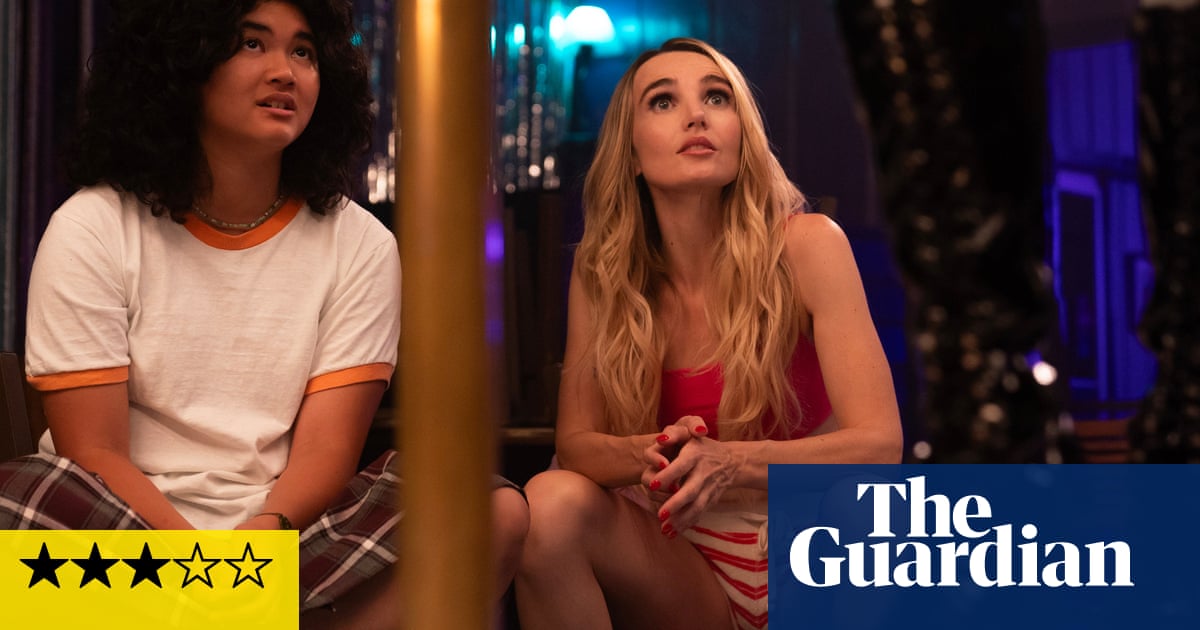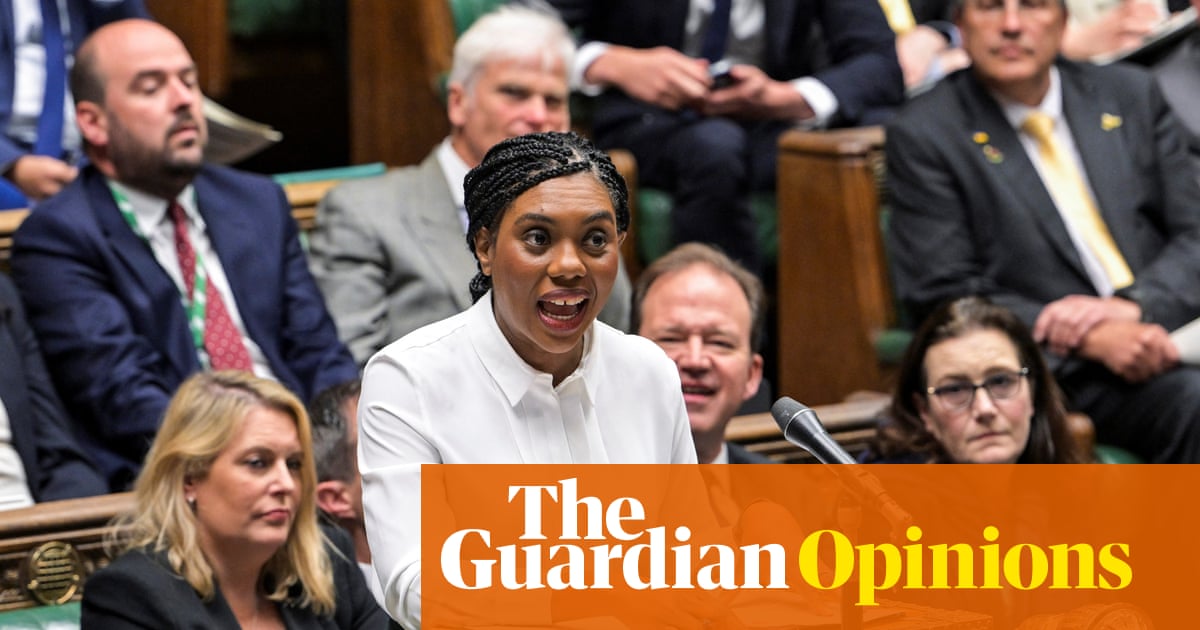The Labour party is “extraordinarily fortunate that the Green party are shit”, or so was the withering assessment of an anonymous minister quoted in this newspaper a few days ago. This may seem overly harsh on the Greens’ fortunes: after all, they jumped from one to four MPs at the last election, unseating a Labour shadow cabinet minister in the process, and now boast a record 859 councillors across 181 councils. But even as Keir Starmer’s government has imploded in office – above all because of cuts in state support to elderly and disabled people – the Greens have flatlined in the polls, with Nigel Farage’s hard-right Reform positioning itself as the main receptacle for popular disillusionment.
Could that finally change? Zack Polanski, who is the party’s deputy leader and sits in the London assembly, has launched a bid for the top job, with a pitch representing a gear shift in strategy. Polanski has been on a journey: once a Liberal Democrat activist, he is now firmly on the party’s left and is offering a clearly defined left-populist message. This isn’t a revolt per se – the party’s ultra-democratic ethos mandates a leadership election every two years – but Polanski is clearly challenging the party establishment. The Greens, he tells me, need someone who will “challenge wealth and power” and speak “really, really clearly and unapologetically” when doing so.
Polanski is keen not to criticise the existing co-leaders, the recently elected MPs Carla Denyer and Adrian Ramsay, but I think he does recognise the party has a problem with its comms. Whatever you think about Farage, he clearly has a cut-through message and is direct and unapologetic as he promotes it. The Greens, on the other hand, often come across like well-meaning and extremely polite policy wonks, rather than an insurgent force. Being conflict-averse in the age of rage may seem admirable, but it only takes you so far. Polanski seems to understand this. “We’re going to have to pick fights and they’re going to be right fights so that’s not just fighting for fighting’s sake,” he says.
Polanski’s supporters certainly see his bid as offering a possible reset. Steve Jackson only joined the party a few months ago, but has become a prominent activist, and is keen to emphasise the Greens’ electoral successes. But “the party has failed to reach its potential up till now”, he acknowledges. I wonder, though, if the very culture of the Greens is a problem. The party isn’t rooted in class politics and has a reputation for being, well, extremely middle-class. “I don’t think it’s as much a cultural issue as a structural one, and one that can be overcome,” says Jackson, who points to growing numbers of working-class Green councillors. It’s the party’s emphasis on democracy that gives him hope. “It’s so possible to come in and change it or to meet other people who are like-minded and advocate for the right things and push it in the right direction.”
Mothin Ali is an example of a working-class Green: a councillor in Leeds, he’s also the party’s highest-profile Muslim representative. He sees Polanski as a “natural communicator and natural people’s person”, but accepts the party has “always felt quite middle-class and I’ve felt a little bit out of place”. Changing that, he thinks, means changing the Greens’ approach and to “not try and be the likable person in the room. We don’t need to be worried about upsetting certain groups in order to communicate our message.” This is surely an important challenge for the Greens. Farage, like Donald Trump, seems to relish causing firestorms with his interventions, riding the subsequent anger and refusing to concede an inch. The result is that he has, year after year, forced the national political conversation on to his terrain.
That means not being policy wonks: after all, this is a political party, not a thinktank. “We are a group of people that are really proud of our policy development,” says London Green politician Zoë Garbett, who developed the party’s drug reform position. But Garbett emphasises that when developing that platform, she always had how it could be communicated in mind. For her, the challenge is to not communicate “piecemeal bits of policy” but to ask: “What is the collective vision for the country?”
In theory, the Greens could pose a sizeable threat to Labour, having come second behind Labour in 39 constituencies. What made that achievement all the more impressive is there was so little campaigning in those seats – many voters who were disillusioned with Labour voted Green without knowing who their candidate was. But with the Tories being potentially displaced by Reform UK, the risk of a new message from Labour looms large: a vote for the Greens risks putting Farage into No 10. A “national popular grassroots movement” is Polanski’s answer to this – in other words, a mass membership drive that embeds activists into local communities and builds a strong, unshakeable electoral base.
Indeed, we’ve seen how longstanding Tory voters have abandoned their former political home; and a significant slice of Labour voters may never forgive the party for cutting disability benefits or continuing to support Israel’s genocidal war in Gaza. The main challenge for Polanski is surely visibility. The media landscape will always be hostile, but the Greens’ dire social media strategy represents a lost opportunity: just professionalising that, combined with a combative approach and message discipline, would surely count for a lot. In Germany, the leftwing Die Linke avoided a predicted political death at the last elections by positioning itself as the one consistent opponent of the far-right AfD – similarly, Polanski focuses much of his attacks on Reform, while Labour raids Farage’s rhetoric and policies.
Polanski will have to prove himself: he’s not won a parliamentary election, and is a London assembly member because of the list system, which grants parties seats relative to their overall strength. Garbett, however, emphasises that he’s “an essential part of our London and national campaigns”, traipsing around the country in support of winning candidates. He’ll certainly need campaigning zeal. There’s an ever-growing constituency of disillusionment to Labour’s left: but, right now, it is fragmented and demoralised. Polanski is the Greens’ best bet to turn that around – but it will be no easy task.
-
Owen Jones is a Guardian columnist

.png) 16 hours ago
6
16 hours ago
6
